Inclusion and more: Tackling the challenges of Erasmus+ mobility inclusion and diversity at higher education level Nr. 2023-1-PT01-KA220-HED-000160391

Inclusion+ project aims to improve the capacity of higher education institutions (HEIs) to carry out student exchanges in an inclusive way and to promote the inclusion of international students in host cities. We also want to raise awareness and support HEIs and cities about the barriers faced by students with fewer opportunities to participate in Erasmus+ mobility and how they can better meet the needs of these students.
Project time frame: 2023 – 2026
Leader: Irma Budginaitė-Mačkinė
Team members:
Dovilė Galdauskaitė
Virginija Klimukienė
Gintė Martinkėnė
Jurga Mataitytė-Diržienė
About the project
Inclusion+ addresses the issue of inclusion and diversity in Erasmus+ at higher education level. The project offers comprehensive, participatory and culturally sensitive action to identify and tackle the barriers to international mobility faced by students with fewer opportunities, in particular, students with disabilities and students with caring responsibilities. It aims to impact both higher education institutions and host cities.
Inclusion+ aims to develop a series of activities involving students, municipal actors, and practitioners in the field of international student mobility to create change-making tools to be utilized by higher education institutions (HEIs), and host cities to enhance inclusion and diversity within the study abroad experience.The project started on 1st of November 2023 and will end on 31st of October 2026.
Activities
Inclusion+ project activities encompass diverse range of tasks:
- Structured Scoping Review aims to take stock of academic and grey literature on the international mobility of students with disabilities and caring responsibilities. The goal is to understand the existing knowledge on the topic, highlight the main discussions developed so far, and pinpoint the primary obstacles that students with disabilities and caring responsibilities face in participating in international mobility programs, as identified by the existing literature.
- Dialogue Forums aim to promote open and productive discussions between students with disabilities and caring responsibilities to share information, ideas and experiences to relevant stakeholders. They will help ensure that the interests and concerns of students with fewer opportunities and other stakeholders are considered in the implementation of the Inclusion+ project.
- Online survey on inclusivity in student mobility aims to gather valuable information from the academic community and student mobility stakeholders to identify challenges, opportunities and good practices. It will also help the project to better understand the needs of students with fewer opportunities and develop better solutions to improve inclusion in student mobility.
-
Collaborative laboratories (Collabs) aim to create a platform where participants can work together to co-create recommendations for inclusive mobility for higher education institutions and host cities. Through these Collabs, creative, innovative and effective recommendations will be developed to tackle the barriers faced by students with disabilities and students with caring responsibilities.
The Inclusion+ project aims to implement a series of initiatives to share our outcomes with diverse audiences, including multiplier events in all partner countries. Additionally, a final conference will be held in Istanbul in 2026 to showcase the project’s final results.
Project consortium
Inclusion+ project consortium consists of six universities from four different countries – Portugal, Finland, Turkey and Lithuania. Partners activities are covered by five work packages:
- WP1 – Project Management (ISCTE – Portugal) – the foundational framework for the entire project, encompassing activities, timings, project quality, functionality, and the materials used, ranging from project results to dissemination activities.
- WP2 – Needs Assessment and Inventory of Erasmus+ Participation Promotion Practices (University of Porto – Portugal) aims to identify barriers faced by students with fewer opportunities, focusing on those with caring responsibilities and special needs in Erasmus+ mobility and assesses existing practices at higher education institutions (HEIs) and cities to promote inclusivity.
- WP3 – Collaborative laboratory to define priorities (Vilnius University – Lithuania) work package aims to establish an inclusive platform where students and various stakeholders can share their views on the challenges and opportunities for fostering the inclusion of students with fewer opportunities in Erasmus+. The specific goals include initiating discussions on priorities for inclusive mobility in each country, generating evidence-based recommendations, and co-designing an innovative tool (a prototype mobile application) to enhance inclusiveness.
- WP 4 – Changing Making Tools (Turku UAS – Finland) WP aims to develop concrete and evidence-based change-making tools, including factsheets, a roadmap, and to finalise the prototype for a mobility app. These tools are intended to support inclusive approaches for students with fewer opportunities in Erasmus+ mobility, with the outputs designed to be adaptable to different cities in Europe.
-
WP5 – Communication and Dissemination (Galatasaray University – Turkey) focuses on maximizing Inclusion+ impact through strategic communication, engagement with stakeholders, and effective dissemination. It aims to ensure broad visibility, accessibility, and uptake of project messages and results.
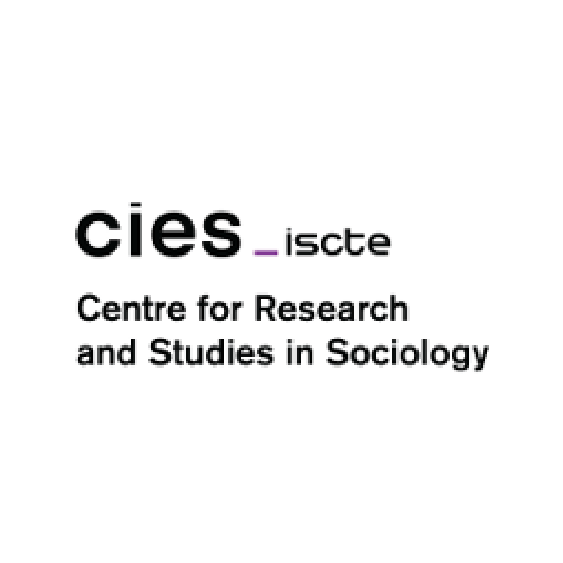 |
ISCTE – Instituto Universitário de Lisboa - the Coordinator |
| Partners: | |
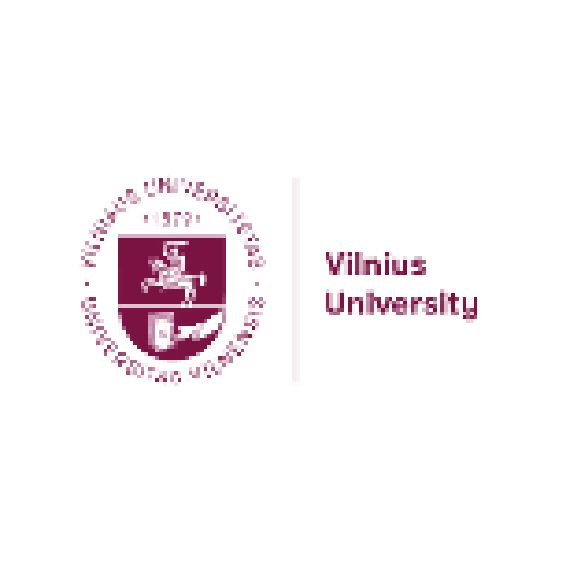 |
Vilniaus Universitetas |
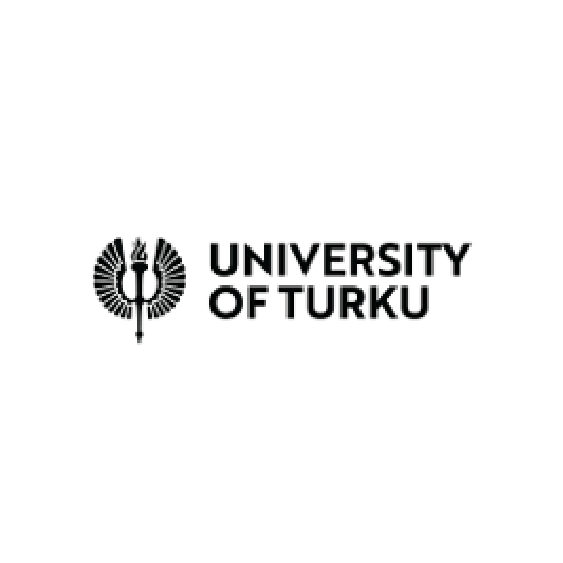 |
Turun Yliopisto |
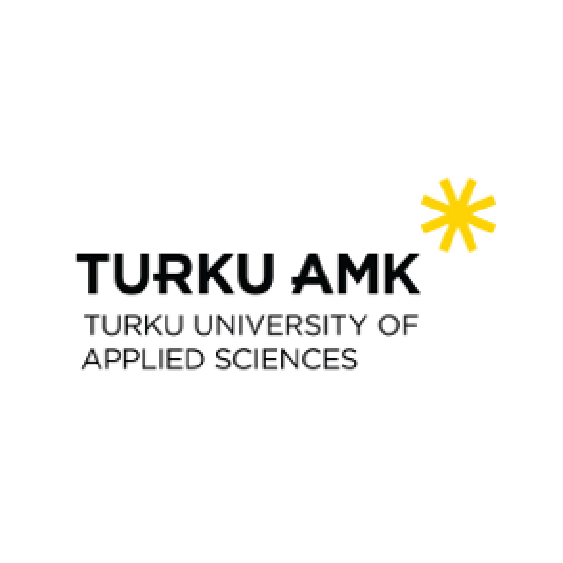 |
Turun Ammattikorkeakoulu |
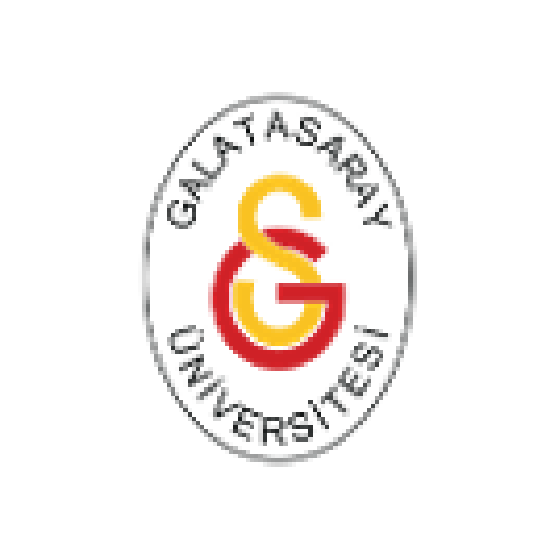 |
Galatasaray University |
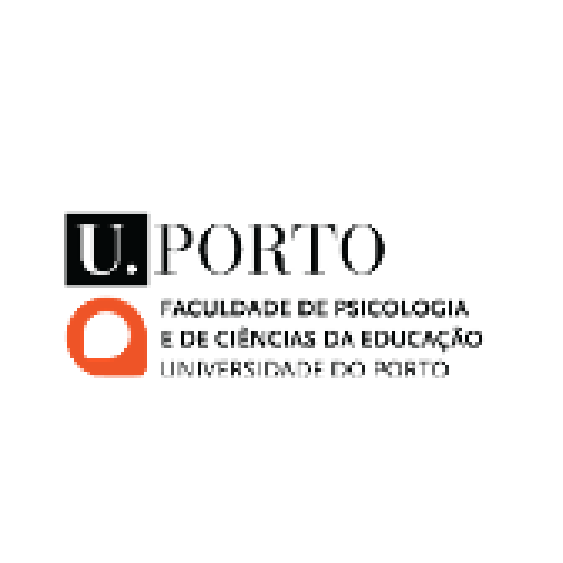 |
Universidade Do Porto |
More information
For more information, please visit: www.inclusion.iscte-iul.pt and www.linkedin.com/inclusion-project
Funded by the European Union. Views and opinions expressed are however those of the author(s) only and do not necessarily reflect those of the European Union or the National Agency. Neither the European Union nor National Agency can be held responsible for them.